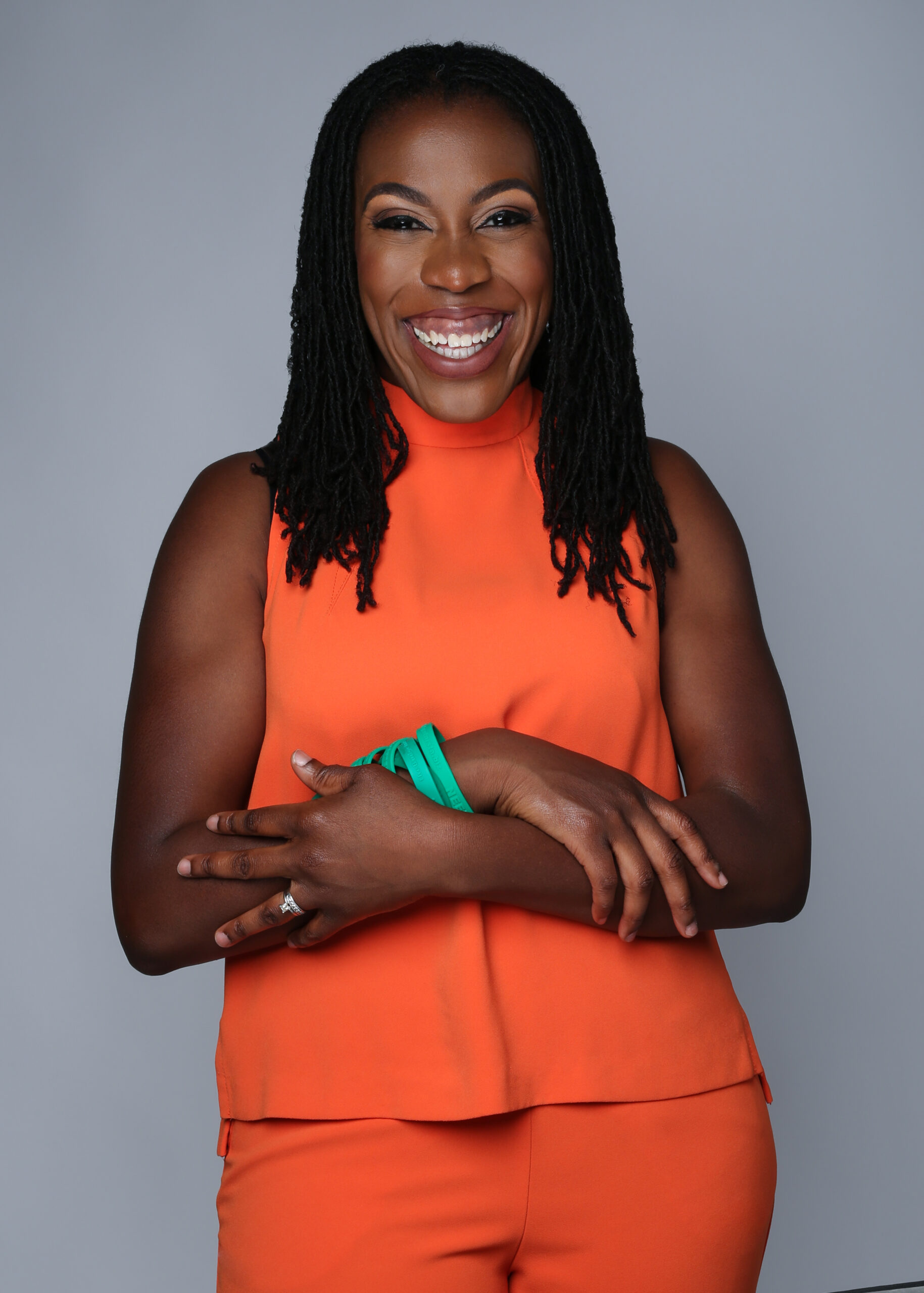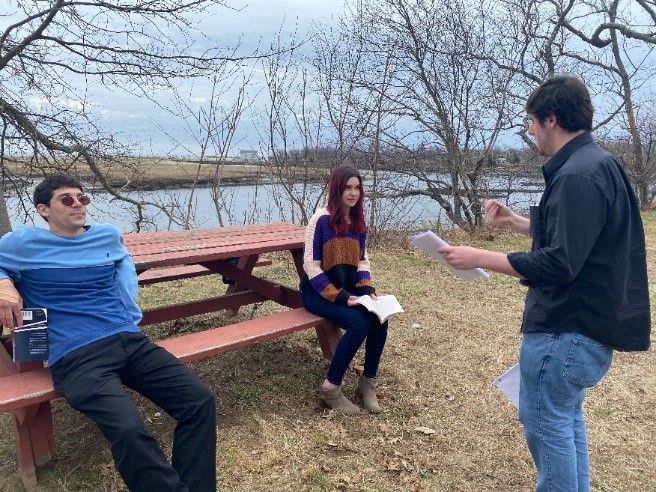Written by: Chisom Okoye
DARE TO LIVE A LIFE YOU WILL NOT REGRET
Dare to take chances, follow your dreams, risk it all, fall in love, believe in yourself, ask questions, let go, make mistakes, start over, speak the truth, take responsibility, find happiness, live for today. – Author Unknown
Let’s talk about imposter syndrome for a moment, it is loosely defined as doubting your abilities and feeling like a fraud. It disproportionately affects high-achieving people, who find it difficult to accept their accomplishments. Now, let’s talk about how often times we find ourselves in the rabbit hole of self-doubt where we forget our worth and our value, how we lose faith in our abilities because the world has somehow convinced us that everything we want is hard and probably unattainable.
It is especially hard on us “creatives” who just want to spend the rest of our lives creating magic but are met with the harsh reality that jobs in our respective fields are quickly dying out in this fast-growing digital age. It doesn’t take much after that to become discouraged, even after earning a degree in their passion.
During one of our enriching journalism meetings at The Vision Room, my colleague Sam (@samstemmer) mentioned something that stuck with me. That when one wants to pursue acting in Hollywood and they are in search for assurance, asking everyone from fellow actors to agents whether or not they will make it or blow up and be successful they are always met with the same answer, “We are not sure, we cannot guarantee you anything, but we do it because it’s worth it and we have so much fun doing it!” This stuck with me because I realize it is important to dare yourself to do things that scare you. Even the thought that we have to decide on what we want to do with the rest of our lives is scary, having fun while doing something that scares you is worth it.
I agree that jobs related to the Arts and Social Sciences have taken a huge hit, especially during the pandemic and it can be discouraging but maybe we need to look at it from a different perspective. For instance, why do we study what we study with the goal of getting a job? Why don’t we create our own jobs and fill in the gaps we believe need to be filled?
People do it all the time; people who became successful using their creativity to expand their brands and get their name out there even during a pandemic! People who are so desperate to do what they love that they decide to pursue what they want to and aren’t afraid to fail! Let’s not just be envious of that kind of energy, instead, let’s build that kind of momentum for ourselves. We have nothing to lose but ourselves if we don’t try!
So, since The Vision Room is all about finding solutions and making a positive impact in your journey, here are a links with a few tips I would like to share a few articles that I hope help you on your journey to discovery and owning your life’s journey today!
https://tinybuddha.com/blog/7-tips-pursuing-passion-even-if-you-feel-behind/
https://www.themuse.com/advice/do-what-you-love-how-to-identify-pursue-your-passions
https://www.lifehack.org/articles/communication/7-ways-you-can-make-time-for-your-passion.html
https://hbr.org/2019/10/3-reasons-its-so-hard-to-follow-your-passion
https://www.huffpost.com/entry/find-your-passion_b_6798766
Photography References:
Photo by Aniket Bhattacharya on Unsplash
Photo by Dayne Topkin on Unsplash


